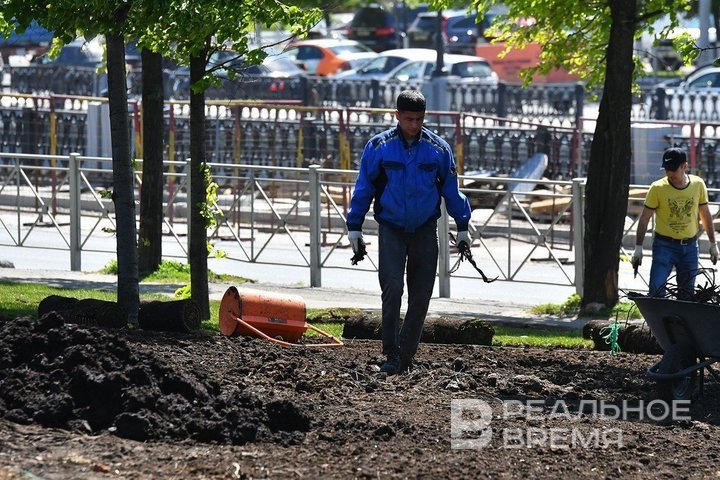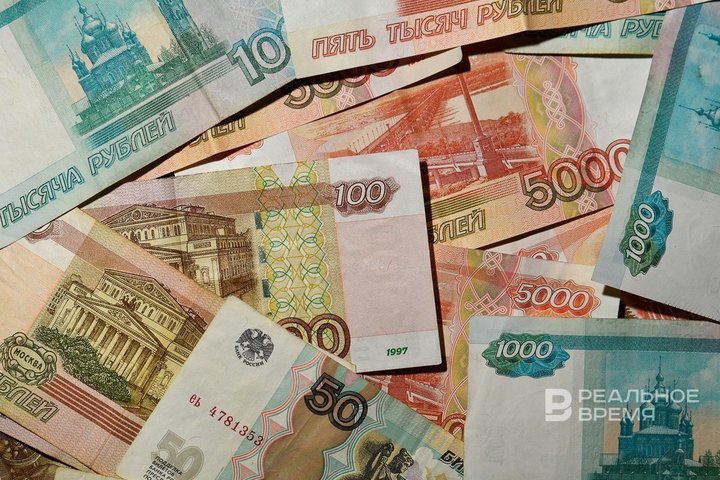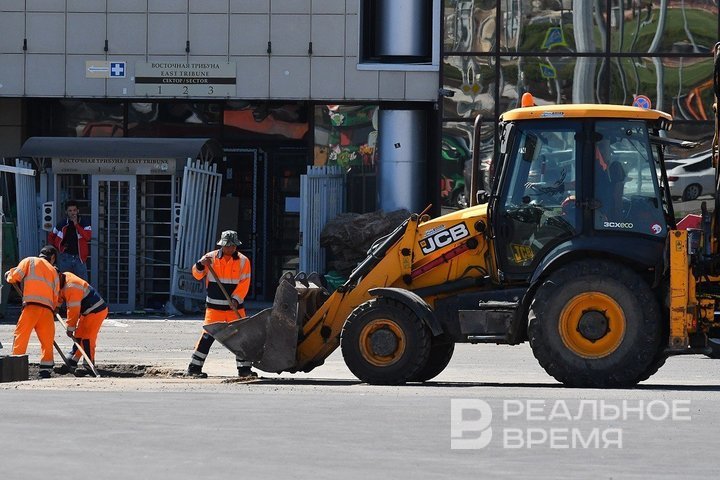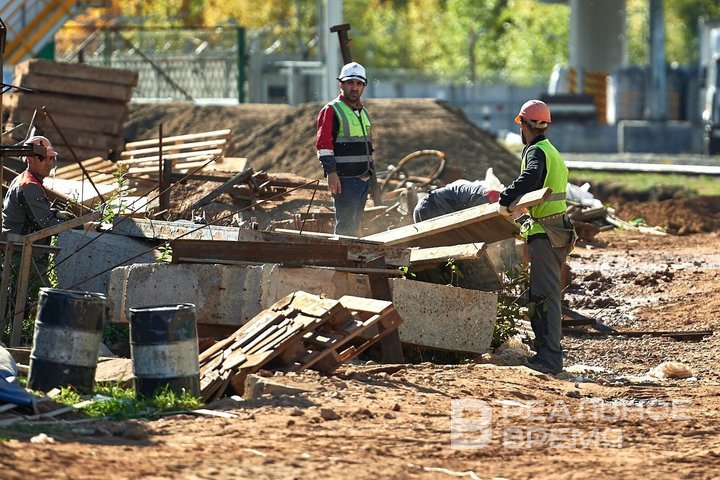What the rise in personal income tax for migrants could mean: ‘Either illegal schemes or rising prices’
Experts on the idea of increasing personal income tax to 30%

The initiative to increase personal income tax for migrants was put forward this week by the LDPR faction. The authors of the bill propose increasing taxes from 13% to 30% for foreign citizens working in Russia on the basis of a patent. Experts interviewed by Realnoe Vremya were critical of the idea. If the law is adopted, employers will have to increase their labour costs, and this, in turn, will lead to another increase in prices for Russian citizens. Read more about the possible outcomes of the initiative in a report of Realnoe Vremya.
“Money should work for our country”
This week, a bill on increasing personal income tax for migrants has been presented in the State Duma. Its authors propose increasing taxes from 13% to 30% for foreign citizens working in Russia on the basis of a patent:
“Such changes will increase budget revenues, which means they will be allocated to the needs of our citizens: the development of social infrastructure in cities and villages, additional measures to support families, pensioners, and youth. Money should work for our country, not for the homeland of migrants,” head of the LDPR faction Leonid Slutsky commented on the bill in his Telegram channel

At the moment, the income of individuals who are not tax residents of Russia is subject to personal income tax at a rate of 30%. However, if a migrant works in the country on the basis of a patent, the tax rate remains the same as for Russians — 13%.
The bill notes that in 2022, more than 2.16 million people received a work permit in Russia. Over 2 million foreigners of them had a work permit. In 2023, the figure was similar.
“There is a limit, after all”
Increasing the personal income tax for migrants will have negative consequences, says Zakir Sariyev, editor-in-chief of Labour Migrant newspaper. In his opinion, increasing taxes will provoke the departure of foreign citizens from Russia, and will subsequently lead to an even more acute labour shortage.
“There is already a shortage of workers, the deficit is already felt. If taxes are increased, this will contribute to the departure of migrants from Russia. This will be especially noticeable in the construction sector,” he emphasised.
The labour shortage is felt not only in Russia but also in the Central Asian countries where a large number of migrants come from, Sariyev shared:
“It turns out that they are interested in their citizens returning to their homeland. Accordingly, if the tax is increased, migrants from Russia will definitely return to their homeland. For them, the income in case of the tax increase will be approximately the same, but at home, there will be no problems with registration and other bureaucratic issues.”

Speaking about the difficulties of foreign citizens' stay in Russia, Sariev added that the legalisation of activities and life in the country is their main problem. Home owners do not register migrants in their apartments, which leads to fines and subsequent deportation.
“They are already tired of these problems, and the tax increase will further encourage them to leave Russia,” the interlocutor of Realnoe Vremya highlighted.
In general, Sariyev took the opposite position to Slutsky: if the bill is adopted, Russian citizens will lose money.
“Yes, employers will agree to spend more on wages so as not to lose their workers, but there is a limit. If the company does not have sufficient resources, how can they increase their spending?” the speaker asked. “For starters, raising taxes will lead to higher expenses for employers, and ultimately, this will affect the pockets of ordinary Russian citizens.”
“We will return to the 90s”
Another speaker, Deputy General Director of Unistroy development company Iskander Yusupov is also sure that raising the personal income tax for migrants will only lead to higher prices:
“Any measures that result in an outflow of migrants have a negative impact on construction, because a significant portion of contractors' workers are migrants. The initiative will obviously not increase their number.”
Accordingly, the less inexpensive labour, the higher the cost of construction, he added. In turn, the increase in cost will lead to another increase in prices on the real estate market.
“In addition to the higher prices, there is a second point: the share of illegal schemes may increase. Employers will simply start paying ‘under the table.’ Then we will return to the 90s, Yusupov stressed.

According to Yusupov, large companies will refuse to work illegally: “the risks are too high.” Such organisations will either increase their labour costs or look for contractors comparable in price, but with 13% income tax
“It won't work out any other way here. Either illegal schemes that serious companies won’t go for, or rising construction costs. Ultimately, all of this is passed on to the buyer,” the interlocutor of the newspaper summed up.
The tragedies at Crocus and Saint Petersburg became an additional catalyst for the process of tightening migration policy and, as a result, the outflow of migrants from Russia that began back in 2023. “Tatarstan, unfortunately, needs migrants, we have a powerful industry, we need workforce,” noted head of the republican parliament Farid Mukhametshin at a May meeting with journalists, practically quoting the words spoken earlier by leader of the republic Rustam Minnikhanov.